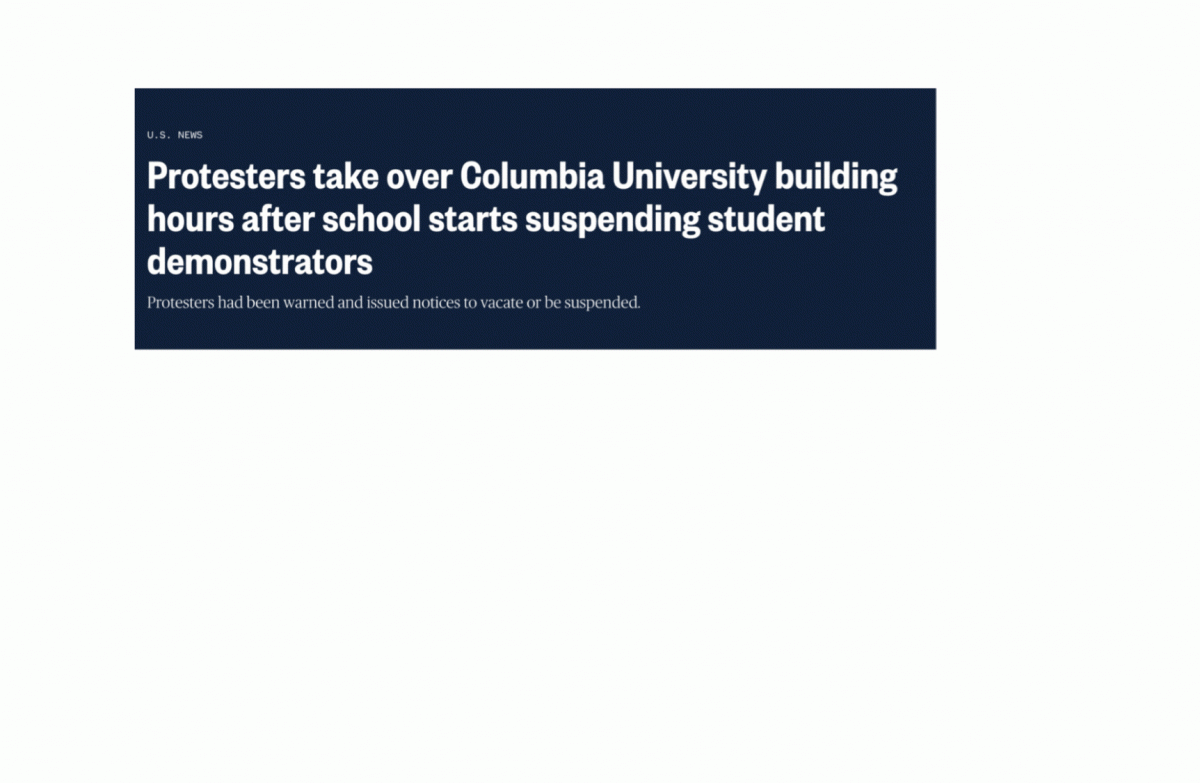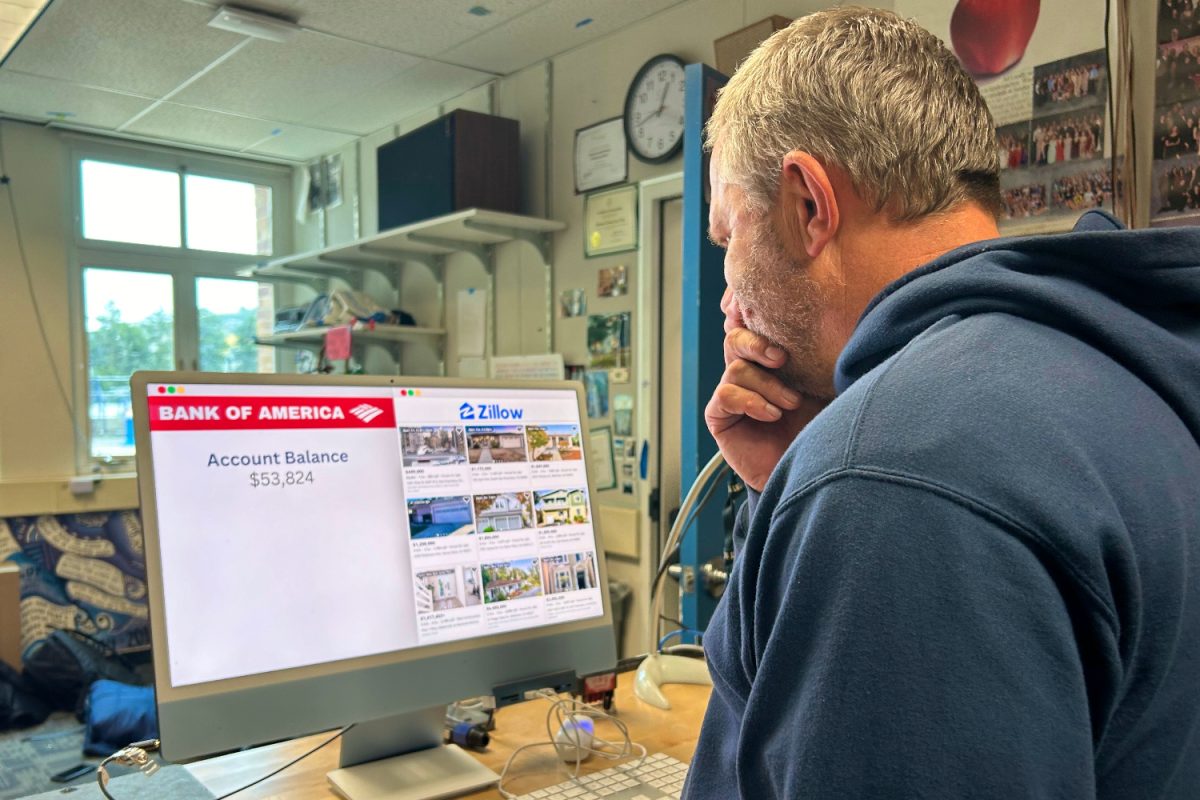Minutes before the class period ends, some students sit bored, having already moved into other schoolwork 10 minutes ago. Some are relieved after finishing just in time, while others will leave the class with incomplete work, stressed and disappointed.
Each student carries their own pace because everyone has their own way of comprehension and level of learning. Even so, schools use timed assessments and tasks catered to just one type of student to measure the knowledge of all students.
“Since I started teaching in 2001, I have observed a huge shift in how districts and teachers deliver curriculum to students. The best practice when educating and assessing a diverse population of students is to adopt different methods and styles of providing a curriculum called Universal Design for Learning (UDL),” said Jason Selli, a study skills teacher at Carlmont.
UDL is a framework used to optimize teaching and learning for all people, which takes into consideration the science behind how people learn. Educators and curriculum specialists have applied UDL to learning environments. According to the UDL guidelines, the framework contains concepts of engagement (the “why”), representation (the “what”), and action and expression (the “how”).
“The goal of UDL is to provide enough time for students to finish within a time range that meets the needs of most students. This will support most students and provides enough flexibility that students will not feel rushed or anxious when taking a test,” Selli said.
Parisa Rouhani, the founder of the think tank Populace, found in her study that there was no relationship between time and performance, whether the student took longer or shorter in the course. Instead, Rouhani found that mastery was what mattered, not speed.
Restricting conditions, such as time limits, prompt disparities in developing new skills. Emotional stress can result in a person’s skill level falling below their functional level, according to a Harvard paper on the development of action and thought.
Kendall Grinker, a senior at Carlmont, shares a similar view. They recalled how her teacher would say that students could “work on this the whole class period, but it shouldn’t take you the whole class period.”
“But I end up working on it the whole class period. I’m not doing anything else, just working on that one assignment, and everybody works at a different level,” Grinker said.
According to Selli, many schools do have study skills classes to give students extra help and offer accommodations for students who need them.
“Students who require even more time and have access to accommodations for extended time on tests can still work beyond the time allotted,” Selli said.
Students with an Individualized Education Program (IEP) or a 504 plan get accommodations depending on their learning needs. This may include getting extra time for assignments or tests. According to the Americans with Disabilities Act (ADA), one must have diagnosis documents, observations from educators, or recommendations.
With or without student accommodations, different learning styles come at different paces.
“I think, in some ways, timed assessments have set me back in my academic progress. After not doing as well as I had hoped on an assessment due to lack of time, I experienced a loss of motivation,” said Anna Bautina, a senior at Carlmont. “As timed tests are often recurring throughout a short period of time, that feeling that you won’t finish on time and won’t demonstrate what you really know can prevent you from even trying to get better.”












